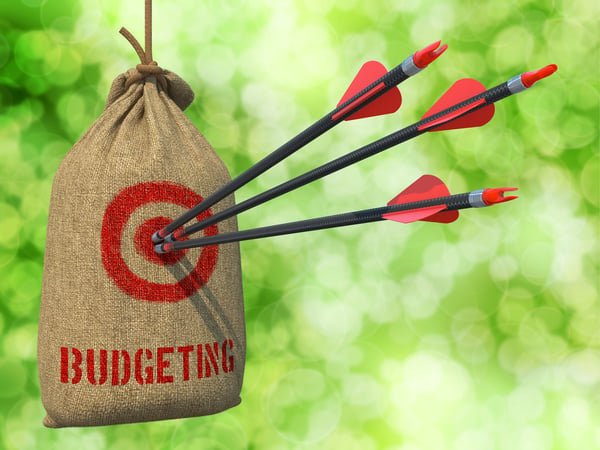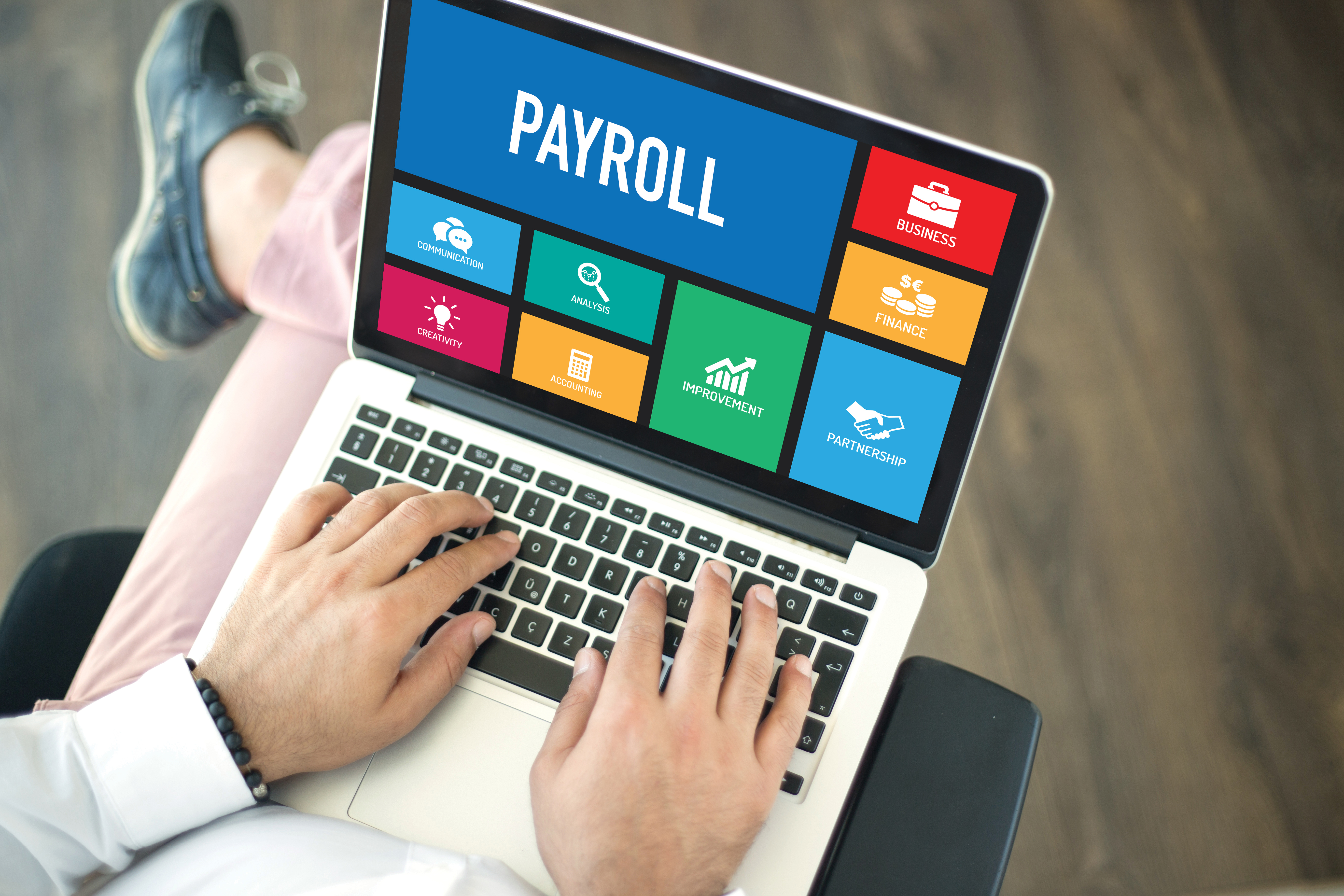7 practical cashflow tips to be across at Christmas time (do you really know your true cashflow projections of your business?)

We have all done it. The year has gone faster than any year before (or so it seems) and we are gearing up for some well earned down time over the festive season. What a great time to ask yourself a simple question. "If sales suddenly dried up in my business, how long would it be before the cash runs out?".
Every single business owner should know the answer to the above question. My educated guess would be not many would know the answer! If you are one of the many business owners that either does not know or cannot access the information from one of your team or systems, then you need to revisit your systems and make sure you do know the answer.
We so often come across great businesses, with great products, exemplary customer service and loyal staff. However these businesses don't put enough emphasis on the number one reason to help cashflow - "Healthy Inventory".
Most businesses hold inventory. But how much of this inventory is healthy? Yes inventory is not the sole reason for good or bad cashflow but it is definitely one of the major ones.
Below I have given you 7 practical tips to help with your cashflow.
1. Understand your business
Before you start on the road to better cashflow management, you need to know your incomings and outgoings clearly. This would also include what credits you currently have and a detailed stock analysis. Obviously if you are using an ERP system like SAP Business One, then all the core business data will be in one place. We call this one single source of the truth. If you are not using an ERP system then you are more likely to be managing cashflow via multiple spreadsheets. Even though spreadsheets can work to some extent, they are flawed with danger and as your business grows they can be a disaster waiting to happen.
2. Take control of your inventory
Always treat stock as CASH. If you think this way, you will aways be conscious about maintaining healthy stock. If stock is sitting on a shelf then it's effectively a bunch of cash sat on the shelf. The amount will differ from business to business such as lower quantity higher value items versus higher quantity lower value items. Whichever one of these categories you fall in, all stock should have a turnover metric and this needs to be adhered to. A system like SAP Business One can report on your stock levels and how well they are selling. This can then be analysed against buyers patterns and historical trends all for the purpose of better cashflow.
3. Project monthly cashflows
This one is easier said than done if you are not using an ERP system to manage your business. The biggest problem for businesses here is that the financials and inventory are in 2 completely separate systems. Therefore spreadsheets are used to bring all this data together in an ad-hoc way for further analysis. Compunding this problem is the lack of visibility looking forward. Financial systems are generally dealing with what has already happened. Whereas an ERP system can look at sales trends, stock movements, buying cycles, seasonality, sales forecasts and predict what is going to happen in the future. This can give you a real competitive advantage in managing your cashflow for the future. One very important thing here is always revise your cashflow forecasts. I always recommend monthly tweaks and never rely on them 100%. There is always going to be room for error. Sales teams might have given a low sales forecast when in reality they excelled their targets. On the contrary they could have given an optimistic target which they have not achieved.
4. Manage your debtors
As we all experience every day, most people do not want to part with their cash until they absolutely have to. This puts huge strain on cashflow for many businesses. However there are a few things you can do to alleviate some of the heartache this can cause.
- Set a credit limit against every customer and continually monitor this
- Use credit check systems to monitor any new customer you give credit to
- Incentivise early payments to improve the chance of them being paid on time
- Automate your invoicing
- Bank payments as soon as they come in. At least once a day.
- Be across all of your ageing and act accordingly
5. Always be conscious of your government obligations Tax, GST etc.
This one is pretty straightforward but still needs to be monitored. If you are in a business that is very seasonal, then this could have a major impact on cashflow if not accounted for. An ERP system can handle all the tax obligations and adjust the cashflow projections accordingly.
6. Form a strategic relationship with your suppliers
Your suppliers form a very important part in your cashflow management. For instance if one of your main purchased items is due to be in high demand then the price may go up and have an adverse affect on your cahflow. Having a great relationship with your main suppliers could potentially give you some insight to important price fluctuations. In some instances they maybe able to hold stock in their premises if your warehouse is full, which in turn could save you money in not having to hire out additional space. They may also be able to help with extended payment terms in certain economic conditions. You could also ask your supplier if they can drop ship in some cases, which would not only help your cashflow but could help in delivery times and keep the customer happy. Just remember if you keep a good business relationship then you can always ask the question "how can they help". The worse case scenario is they say no to your request but invariably they will want to help. One way of improving your supplier relationship is always pay them on time.
7. Always keep control of your spending
Most businesses will hopefully have some form of budget. I say "hopefully" with tongue in cheek. We come across so many companies with either no budget at all or just maybe one facet of their business such as a sales budget. I cannot stress this enough. A detailed budget is imperitive to having good cashflow predictions. Your budget should also be continually reviewed. In an ERP system such as SAP Business One, budgets can be set up and all expenditure can be cross referenced against the budgeted amount. This can be a great peace of mind as it can alert you when budgeted spend is not equal to actual spend. You will be able to put in tolerances as everything is not going to be to the cent. There are other advantages to having a complete budget within your financial system. One of them is when it comes to approval for spend. If an item has already been budgeted for then pre approval can be given freeing up management time on petty time wasting approval processes. Here are just a few ways of helping you track your spending
- When you are looking at expenditure especially at budget time, make this an inclusive process with all staff that it will affect. You are more likely to keep to a budget that all parties have agreed to
- If you plan to purchase major items such as plant and equipment then make it a policy to have multiple quotes from different suppliers
- Continually monitor how the business is tracking against budget
If you require more information on how SAP Business One can help with your cashflow management then don't hesitate to drop me a message.









